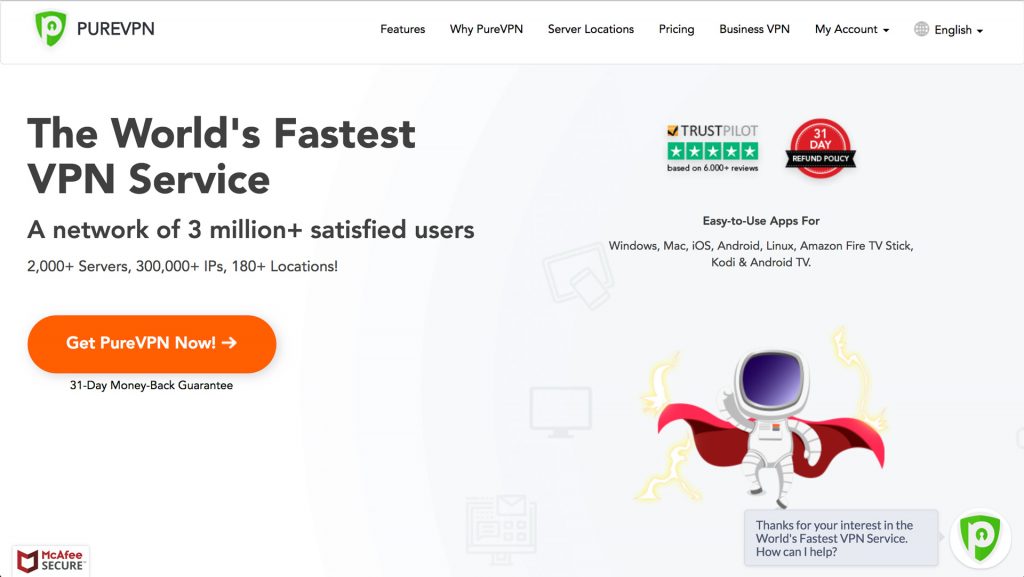Social media allows us to accomplish diverse tasks: from video chats with friends to spreading the word about your company’s services.
Use of apps like Instagram may be productive and relevant to what you’re doing at school or work, however many people scroll through content to slack off.
So, many institutions have opted to ban social media apps entirely, and network administrators are able to follow through on this by blocking access to URLs like https://www.instagram.com/.
Situations can arise where you need to check Instagram to do your work, but the network won’t allow it. And this is when bending the rules on occasion may be reasonable.
Can Insta be Productive?
Content on Instagram varies a lot and it has evolved considerably from a place to take in beautiful photos or post photos of your road trip. In fact, education, business and self-improvement are very popular topics on the platform.
Instagram can be enriching or a waste of time depending on your habits. It’s important to be mindful of the accounts you follow. While a lot of the photos on Instagram will merely be a distraction at school or work, some of it provides succinct knowledge that could actually save you time.
If used correctly, it can increase your productivity. However, few people have the discipline to pull this off.
The app has a great feature that allows you to limit the time on spend on it daily. To use it, go to “Settings”, then tap on “Account.” Next, tap “Your Activity” and you’ll see reminder and notification settings.
Unblock Instagram
Use Phone Data
If you launch Instagram and can’t view your feed, try turning off Wi-Fi and enabling wireless data.
There’s a good chance this will work because Wi-Fi uses the network which has internet access rules applied by the admin, while mobile data works independently of the local network.
Get a VPN
If you don’t have mobile data or don’t want to use up your monthly bandwidth, you can also use a Virtual Private Network (VPN) to access Instagram.
A VPN service allows you to choose a new IP that is associated with the location of your choice. This provided IP allows you to bypass restrictions set by the network admin while still connecting to the network via Wi-Fi.
It’s the best solution for people that want to hide their identity, location, or unblock apps and websites. You need to be subscribed to VPN service, many of which are fast and affordable.
To get started, learn more about the best VPNs that are recommended here most.
Use Your PC with Tor
If you simply want to browse Instagram and don’t need to post, using your PC is an alternative that is often overlooked.
If the URL https://www.instagram.com/ is blocked on all devices, you may be able to download and install Tor. This is proxy software that allows you to use the IP of another user connected to the Tor network.
Once the software changes your IP, Instagram will be unblocked. It’s free but be warned that it’s not as safe or nearly as fast as a VPN.
Typically, Tor should be a last resort, only to be used temporarily then uninstalled. This approach will only work at small businesses that don’t restrict which software can be installed.
Wrapping It Up
Use these tips responsibly and enjoy your new-found access to Instagram!
As the app can be useful at both school and work, blocking access might not be the best policy. However, it’s best to be as respectful of the restrictions even if you’re forced to bypass them at times.










